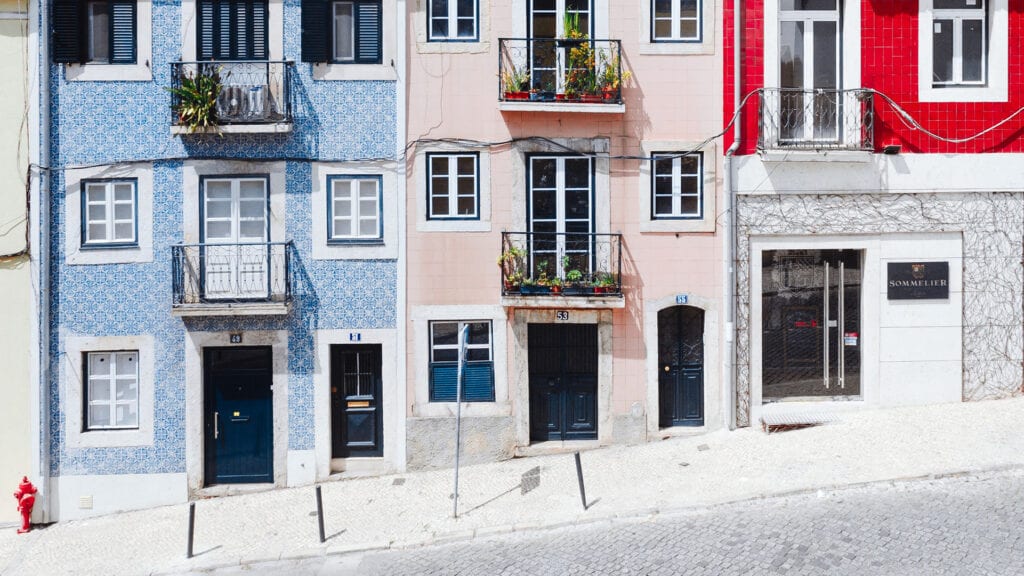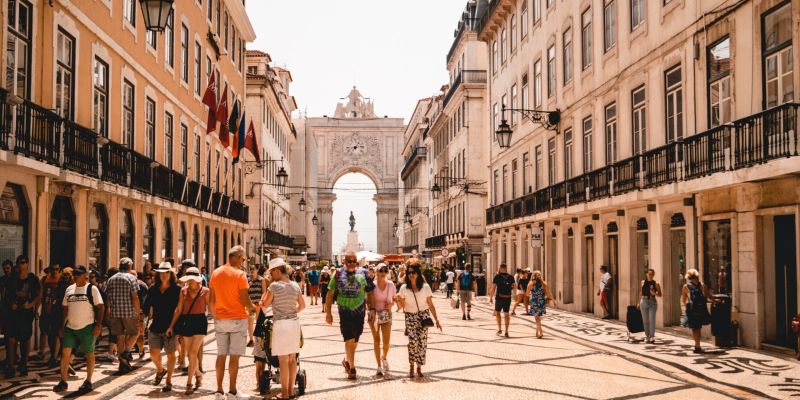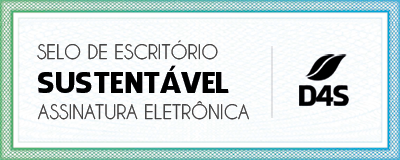
What is the cost of living in Portugal? Understand how much you will need to live in the country in 2022
In recent years, Portugal has become one of the most popular destinations for Brazilians wishing to leave their home country and move on to other territories. With the idea in mind, the big question is the cost of living in the country. And in order to arrive at a practical and real idea of values, the first step is to carry out detailed and individual planning. There is no fixed, universal answer for everyone thinking of emigrating; each person or family must build their own cost table. Only then will the plan created be similar to the reality found in Portugal.
The good news is that the cost of living in Portugal is one of the lowest in Europe. Compared to the United States, the difference can be even more advantageous – rent, for example, can be up to 60% cheaper than for Americans. But in order for everything to go smoothly financially, as well as researching and being aware of all the documents required during the moving process, it’s essential to analyze your own current standard of living and assess what you want to keep or incorporate into your next home.
With regard to budgets, to give you a clearer idea of monthly rents, the minimum wage in 2021 is 665 euros.
It’s also worth remembering that the cost of living in larger cities, such as Lisbon and Porto, is higher and, depending on the time of year, prices can vary greatly. Central and tourist districts also have higher costs, which can rise during high season.
How to calculate the cost of living in Portugal?
Reinforcing the tip given in the introduction, the key is good individual planning. Do not consider closed values presented by websites or people close to you. In order for Portugal to stop being a dream and become a reality, it is important to entrust each cost in the list below based on a functional standard of living for the family.
Rent
Renting a house or apartment is undoubtedly the biggest part of the cost of living in Portugal. There are big differences between tourist sites or central areas in big cities and metropolitan areas a little further away. You don’t even have to travel far to feel the price difference in your pocket.
In central Lisbon, prices are much higher – the price of a small one-bedroom apartment, for example, starts at 800 euros and can go up to 1,200 euros or more. Outside the center, you can find good options starting at 500 euros. In the middle zone, between Lisbon and Porto, outside the central axis, you can find places for 500 euros.
To find the right price, you need to contact the places and get a practical quote.

Health expenditure
The cost of living related to health in Portugal is considered low, as long as you don’t just opt for private services. Public health services are good, not free, but accessible.
In the SNS, a person registered as a user has to pay 5 euros to the family doctor for each consultation. For emergency care in public hospitals, the cost is usually 18 euros, including examinations. Now, those who opt for a health plan in Portugal have to pay around 15 euros a month. The main difference with the Brazilian private insurance system is that it generally doesn’t offer full coverage, but rather a form of co-payment that will help reduce the cost of the private consultation (usually 50 euros).

Market in Portugal
There are at least four major supermarket chains in Portugal that compete with each other and, of course, this type of service provides very convenient offers for consumers. You can shop in large supermarkets, such as Auchan, Lidl and Continente, in local stores or in mini-price stores – the equivalent of the old Brazilian 1-real stores.
The important thing is to value quality and find good products. The diversity is enormous, especially when it comes to cheeses, wines and seafood. The advice here is to go to local market websites and simulate your monthly purchases with all the products you consume in Brazil. In this way, each family will arrive at a real value that fits their standard of living.
Early childhood education
There are several education options in Portugal. Public education is excellent and provided by the government until the end of high school. Free schools also offer excellent language training – in addition to English, you can also choose another language included in the school curriculum, French or Spanish.
There is a system for distributing free textbooks. In most cases, these are provided by the government and each student only needs to return them at the end of the school year to receive the next ones, there is no need to pay any fees.
There are also private schools, which are the choice of a small number of people. This is because considering the proportion of tuition fees to the average income in Portugal, the cost becomes unfeasible for many families, at around 500 to 1000 euros per month.
The school year starts in September and runs until January of the following year.
Transportation in Portugal
Public transport in Portugal is very useful and most cities use a unified card and pass system, just like in Brazil. Lisbon and Porto have integrated pass logistics and can even be used in the cities that make up their metropolitan area.
In the capital, a one-way ticket costs 2 euros. Streetcars and cable cars from Alfama to Bairro Alto cost 3 euros. All routes and prices can be included on the Lisboa Viva card. The monthly cost for travel within the city is 30 euros, and the city navigator is 40 euros – this covers 18 locations in the Lisbon metropolitan area, from Sintra to Setúbal. However, there are also free passes for students, for example. A simulation on the Porto and Lisbon metro websites can make the calculation easier.

Household bills in Portugal: TV, telephone and internet
Generally speaking, the cost of living in Portugal, in terms of fixed bills, doesn’t vary much between cities. What will increase or decrease is the number of people and how the energy is used. In many homes, for example, gas is installed, which helps to reduce energy consumption during the shower.
In terms of connections, cable TV, telephone and high-quality internet with the NOS operator costs an average of 60 euros per month. There are other cheaper plans, even 25 euros, if you need to save money. The main tip is for Brazilians to start this quotation in the region where they intend to live before they even move, so that they have the correct price and not an estimate.
Leisure in Portugal
In terms of leisure, prices across the country are also very similar, but in smaller cities, there are obviously no big international performances, festivals and events. The price of a movie ticket in Lisbon is 7 euros and in Oporto it’s 6.95 euros, so there isn’t much difference.
Portugal has restaurants to suit all tastes and budgets, from the most exquisite to the simplest options. For those who want to save money, you can find a combination menu with soup or salad, main course, dessert and the traditional coffee for as little as 6.50 euros.
Conclusion: what is the cost of living in Portugal?
It will depend on the standards and salaries of each house! Portugal is a country with great security and quality of life. It also has the added benefit of offering the advantages of living in Europe, such as great museums at affordable prices, renowned universities, and travel within the European Union with plenty of low-cost options and spaces to suit all tastes.
The most crucial point when planning a move is to understand that all the financial aspects are extremely individual and must be simulated by means of online quotes, by telephone or with the help of a specialized consultancy or office in Portugal, before you embark on the final move.



